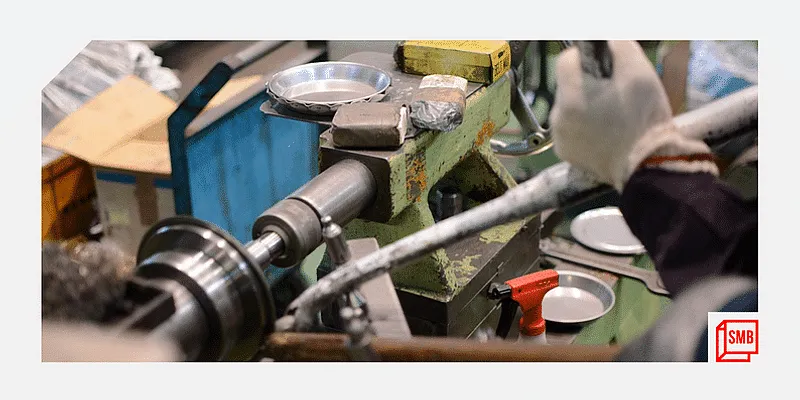Develop new products, diversify to tap export market; MSME Minister tells Coir industry
Time has come for the coir industry to diversify in order to tap the potential of new markets and nascent ones, Union Minister for MSMEs Narayan Rane said on Thursday.
Time has come for the coir industry to diversify in order to tap the potential of new as well as nascent markets, Union Minister for MSMEs Narayan Rane said on Thursday.
An opportunity presented before the industry is the growing environment — consciousness and the preference still exist for handmade articles in different parts of the world, he said while inaugurating the two-day 'Enterprise India National Coir Conclave'.
Stating that the industry has to become competitive in every aspect, Rane said the aim of the development strategy for coir should be to minimise and, as far as possible, reverse the consequences of loss of market to synthetic substitutes.
The main strategy should be to check the erosion of end-product markets to regain some lost shares on account of stiff competition posed by the synthetic substitutes in the past and, where possible to expand consumption, particularly in the case of non-traditional products, with market potential, said the Union Minister.
The short-term approach should be to promote the use of coir fiber products currently on the market to compete with substitutes, while in the longer-term, new technologies and innovative products should be developed, especially in applications where natural fibers have advantages over synthetics and where they can compete more successfully than some of those existing products that have been losing market share, he said.

"As the coir industry is interwoven itself with the social fabric of the coir-producing States, we have to be extremely cautious when new production technologies are introduced. Prior to the introduction of any new technology, there is a need of educating the industry, trade, and workers on the need of equipping themselves to survive in the changed scenario. At the same time, it is imperative to ensure that radical changes are not introduced abruptly," he said.
"The social fabric may not be able to bear the brunt of the outcome and we have to take a balanced approach towards the introduction of new production techniques like mechanisation. However, the recent phenomenon of loss of labour force from the coir industry to other sectors coupled with the reluctance of younger generations to enter into coir production process justifies technological upgradation, he said.
Though more than 30 countries spread over the tropical belt in the regions of Asia, East Africa, and America grow coconut, the economic utilisation of coconut husk, which otherwise is a waste material, is made only in Asian countries that too on a significant commercial scale in India and Sri Lanka, he said.
India has a virtual monopoly over the industry with a share of more than 75 percent of the global production of coir and 80 percent of world trade in coir yarn and coir products and the industry has its origin and growth in Kerala and has been proliferating into other states/UTs of the country viz Tamil Nadu, Karnataka, Andhra Pradesh, Odisha, Puducherry, Maharashtra, West Bengal, Gujarat, Assam, Tripura, Lakshadweep, and Andaman and Nicobar Islands, he said.
Tamil Nadu has seen significant growth in the coir sector and assumed the status of the supplier of coir fiber to Kerala, he said.
Edited by Kanishk Singh








